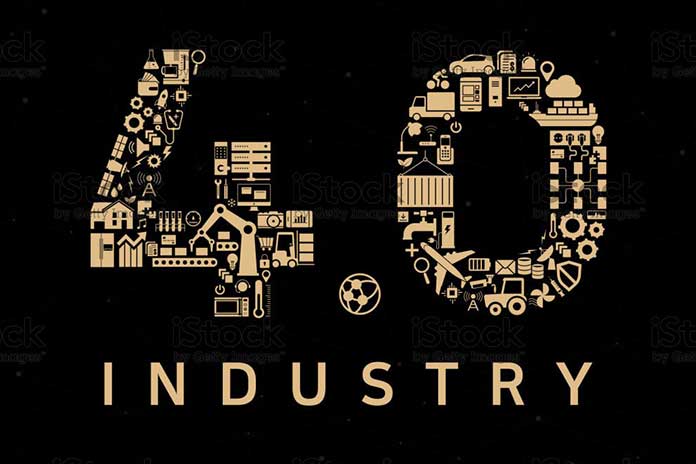The Internet of Things (IoT) is defined as a network of physical objects, software, platforms, applications, sensors, and other connected and communicating resources. With this, they can interact, collect information in real-time, and react to the external environment and among themselves.
There is no denying that implementing the Internet of Things in Industry 4.0 is the future of large-scale production, integrating and automating its processes. That is, whoever adapts first comes out ahead of the competition.
You’re not going to let your company fall behind, are you? So, see examples of IoT applications in the new era of the industrial sector to implement now and much more!
Table of Contents
What Are The Applications Of The Internet Of Things In Industry 4.0?
Industry 4.0 starts by connecting machines, devices, and equipment to monitor, automate and thus optimize operations. As an embedded technology for integrating objects, the Internet of Things facilitates this. Furthermore, its reach makes it helpful in making strategic decisions.
Although the idea seems futuristic, the Internet of Things in Industry 4.0 is in full swing. Discover six application examples below!
Integration With RPA And AI
The automation of processes by robots, associated with Artificial Intelligence to command these operations, takes an evolutionary step with the IoT. This is because it makes it possible to integrate all equipment and collect environmental information to maintain the continuity of tasks without human action.
Data As A Service
Gone are the days when monitoring operations in real-time was only possible from a visual control of the tasks. Through on-demand access to data, industrial production can be closely monitored, identifying more opportunities for improvement than observation.
Real-Time Visibility
Sensors are part of the IoT, serving as a channel for interaction between equipment and the external environment. Thus, they monitor conditions and risks and identify and solve problems that interfere with the progress of processes.
Inventory Planning
How about controlling, predicting, and feeding stocks automatically? With data collection covering everything from inventory to production progress and predictive analytics, this becomes easy. Quantities and deadlines for purchase are precisely defined.
Productivity Monitoring
Another use of sensors is in productivity management. It works as follows: knowing how each machine is doing, its production time, and the downtime for maintenance, the company can perceive the necessary improvements to make the team more productive.
Preventive Maintenance
One of the advantages of implementing the Internet of Things in Industry 4.0 is the ability to anticipate situations, preventive maintenance of the machines themselves cannot be left out. Noticing the first signs of failure, downtime is shorter, and the repairs team has a more efficient response.
What Are The Benefits Of Applying IoT In Industry 4.0?
The various applications of the Internet of Things in the industrial context bring benefits ranging from operational to strategic. The main ones are:
- Optimize processes
- Make production independent
- Increase efficiency and productivity
- Predict failures and avoid them
- Guarantee work safety
- Minimize costs
What To Expect For The Future Of This Technology?
The IoT is just in its infancy. Its potential is far from being fully measured, let alone enjoyed. We know that it will grow in its future, serving as a solution to new problems that arise with digital transformation.
As a result, fewer and fewer activities will be performed manually. Thus, an adaptation of professionals to strategic action is also underway. Finally, the latest trend is its association with other technologies to optimize its uses. One of them is 5G.
This new internet access band is robust and is coming to Brazil now. However, it presents itself with the potential to increase the speed, coverage, and breadth of the connection of objects in the IoT. In this way, it will increase the agility and efficiency of its operation.


